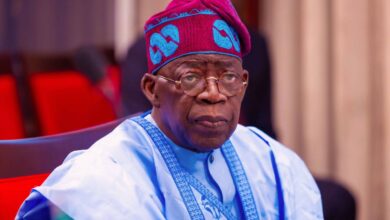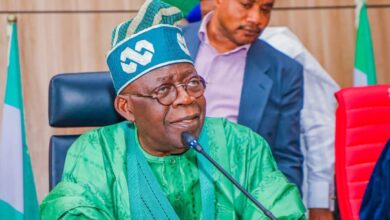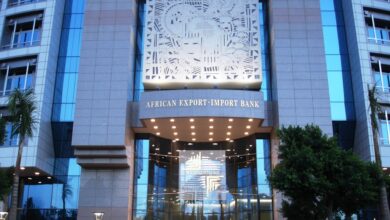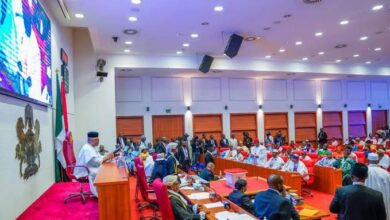South Korea launches Top-Tier Visa for global tech experts in semiconductors, biotech
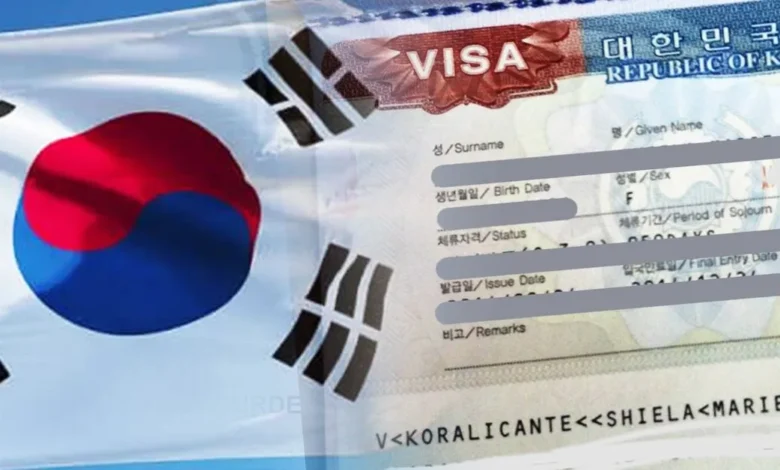
South Korea has launched a new immigration initiative, the Top-Tier Visa Program (F-2 Resident Visa), targeted at highly skilled foreign professionals in advanced industries.
This program is to strengthen the country’s status as a global tech hub by attracting experts in fields such as semiconductors, biotechnology, secondary batteries, and display technology.
The visa initiative was announced as part of South Korea’s broader strategy to address talent shortages and enhance innovation in its high-tech sectors. It is designed to provide long-term residency and full economic activity rights for foreign professionals and their families.
According to the official announcement, successful applicants can obtain Immigration VIP Cards, which allow faster immigration clearance and priority security checks at airports.
What the Top-Tier Visa (F-2) offers
The F-2 visa offers the following benefits:
- Long-term residency for professionals and their families
- Freedom to engage in any economic activity
- Eligibility to apply for permanent residency after three years
- Immigration VIP Cards for faster airport processing
- Priority sectors covered
The visa targets professionals in four key sectors that are considered critical to South Korea’s future economic competitiveness:
- Semiconductors
- Biotechnology
- Secondary batteries
- Display technology
Eligibility criteria
To qualify for the Top-Tier Visa, applicants must meet the following requirements
Educational background:
- A Master’s or Doctoral degree from a university that is ranked among the top 100 globally according to QS, Times Higher Education (THE), or the Academic Ranking of World Universities (ARWU).
- (Optionally) A Bachelor’s or higher degree from a top 200 university may be considered in future revisions
- A signed contract with a Korean company in one of the four priority sectors is required
- Annual income must be at least KRW 149.865 million (3 times the national GNI per capita)
- If annual income is KRW 199.82 million or more (4 times the national GNI), educational and experience requirements may be waived.
Professional experience
At least 8 years of relevant work experience, including 3 years at a Global Top 500 company, or at least 5 years of research experience with a PhD, including 3 years at a world-class research institute
Recognised institutions and employers
The South Korean government has identified both global and domestic universities and companies that carry weight in visa application processing.
- Seoul National University – 31st
- KAIST – 53rd
- Yonsei University – 56th
- Korea University – 67th
- POSTECH – 98th
- Leading South Korean companies (Forbes Global 2000):
- Samsung Electronics – 21st
- Hyundai Motor Company – 93rd
- Kia Motors – 234th
- KB Financial Group – 250th
- Shinhan Financial Group – 304th
- POSCO – 412th
How to apply
Applicants can submit their documents through two main channels:
- Designated immigration offices in South Korea
- The Ministry of Justice’s official online portal
The visa also permits the inclusion of dependents, making it a family-friendly immigration pathway.
Other visa options for foreign professionals
Aside from the Top-Tier Visa, South Korea has several existing visa categories tailored to various skill levels:
E-7 Visa (Specially Designated Activities)
For professionals in industries like IT, engineering, education, and design. Requires employer sponsorship and Ministry of Justice approval.
D-8 Visa (Business Investment)
For entrepreneurs and investors establishing businesses in South Korea, with capital requirements and a business plan.
D-2 and D-10 Visas
D-2: For international students
D-10: For job seekers who have recently graduated or concluded employment contracts
F-5 Permanent Residency
Granted after long-term residency under F-2 or E-7 visas with stable income and social integration.
